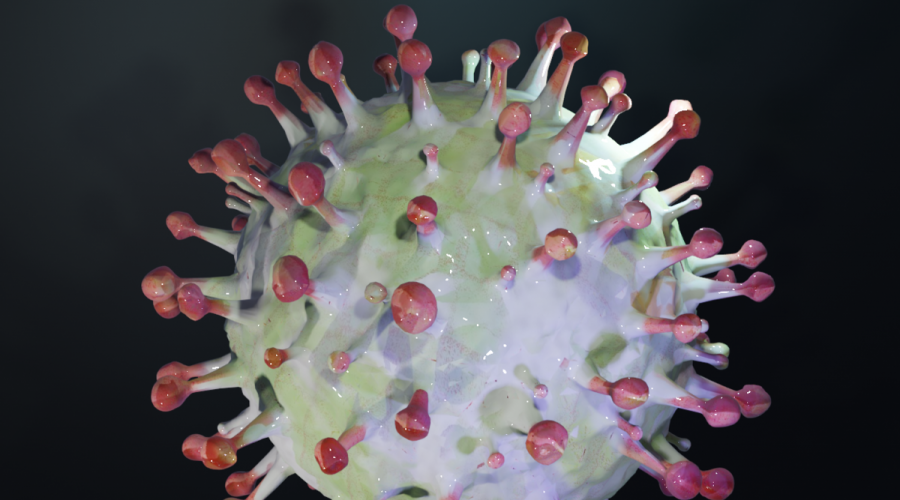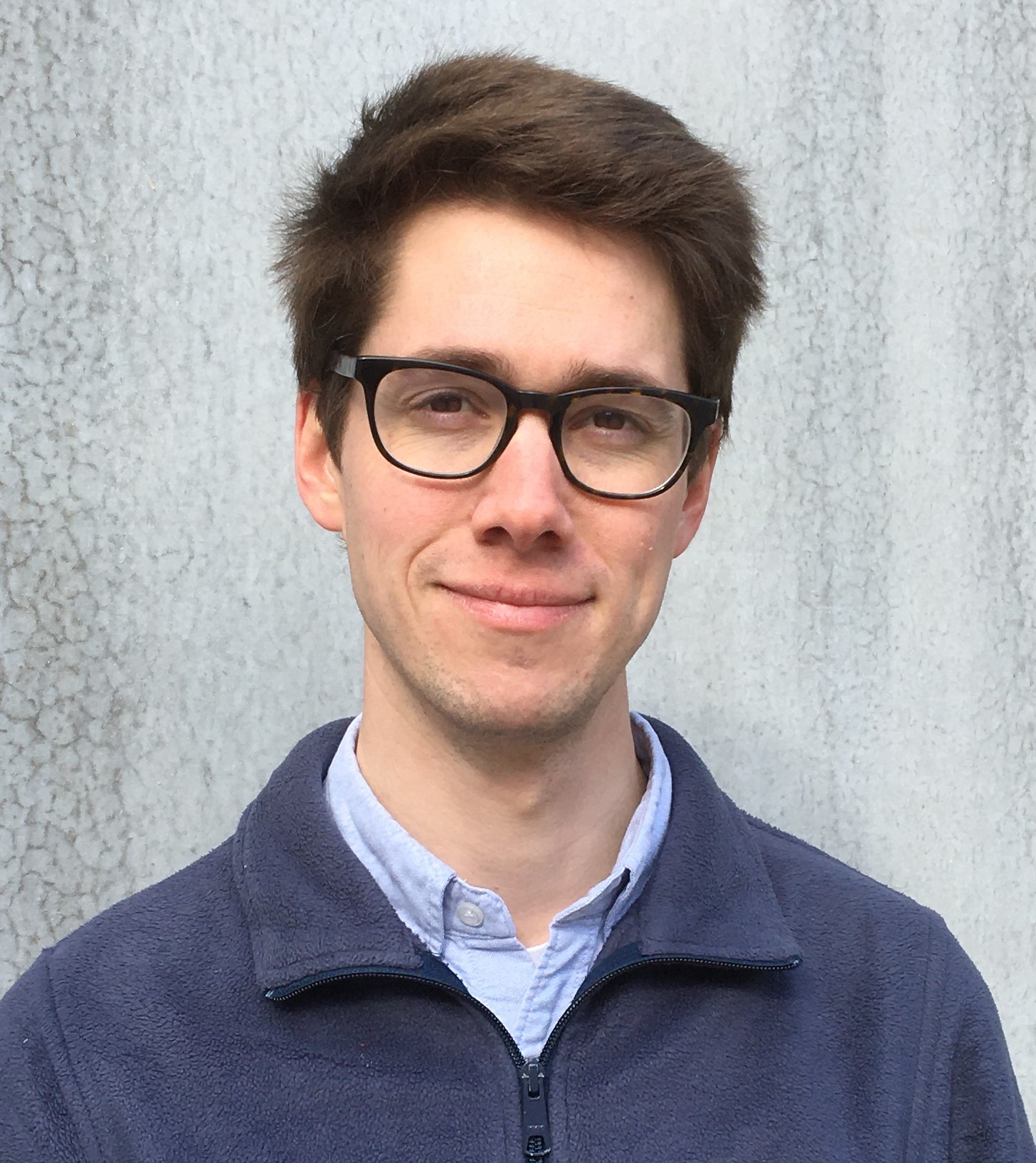
Picture credit: Wikipedia
Blake Thomson's new paper highlights how comprehensive collection of data related to the COVID-19 pandemic could provide important information for global health.
Insights may lead us not only to a world without COVID-19, but a world with substantially less death and disability from cardiovascular disease.
Blake Thomson
Comprehensive collection and reporting of a variety of data is vital to understanding the wide-reaching consequences of the ongoing COVID-19 pandemic, especially as they relate to global health, according to a new paper by a Gates Cambridge Scholar.
The paper, The COVID-19 Pandemic: A Global Natural Experiment, by Blake Thomson [2015] is published in the medical journal Circulation.
It says the COVID-19 pandemic may be “the first truly global natural experiment of the modern, ‘big data’ era” and that actions taken may have serious consequences for many cardiovascular and other non-communicable conditions.
Blake gives a series of examples of how research linked to previous events impacting population health have led to research breakthroughs.
For instance, he talks about how economic collapse caused by the fall of the Soviet Union in the 1990’s led to widespread hazardous drinking in Russia and a sharp decrease in life expectancy, especially among middle-aged men, and that health policies to address this issue rapidly reduced premature death – especially for causes of death related to alcohol. This provided clear evidence on the harms of excessive alcohol consumption, along with clear evidence about how to prevent it.
Given the COVID-19 pandemic is global in scale and is unfolding in the ‘big data’ era, Blake argues that it is vital that researchers “strive to anticipate and capture the potential consequences of responses to this pandemic, both good and bad”, including the impact of lockdown on lifestyle risk factors such as drinking and physical activity.
He says the consequences of many behavioural and environmental changes may provide critical information about how to improve population health worldwide now and in the future. This information may guide strategies for targeted treatment and control at the local, national and international level. It may even lead to important discoveries about the causes and mechanisms of heart disease, stroke and other chronic conditions.
He says: “Lessons learned from the ongoing tragedy will not make up for the pain and suffering it has caused. However, they may help limit its harmful consequences and maximise any potential benefits. These insights may lead us not only to a world without COVID-19, but a world with substantially less death and disability from cardiovascular disease.”
Blake did an MPhil in Epidemiology at the University of Cambridge and is now a postdoctoral research fellow in Epidemiology with The George Institute for Global Health at the University of Oxford.

Blake Thomson
- Alumni
- United States
- 2015 MPhil Epidemiology
- Darwin College
I completed my undergraduate degree in Global Health and English Literature at Arizona State University. I then spent two years as a Post-Bachelor Fellow at the Institute for Health Metrics and Evaluation (IHME) at the University of Washington. At IHME, I worked primarily on two projects: the Global Burden of Disease (GBD) study and Medtronic Philanthropy’s HealthRise Project. Through this work, I grew to understand the power of quantitative methodology to answer global health’s most pressing questions. Following my MPhil in Epidemiology at Cambridge, I moved to Oxford for a DPhil in Population Health with the support of a Nuffield Department of Population Health Scholarship. My DPhil research examined lifestyle risk factors (such as smoking and drinking) and premature mortality in Mexico, Cuba, and the United States.
I am now Principal Scientist, Cancer Disparities Research at the American Cancer Society. The aim of this research is to highlight opportunities to improve cancer prevention and control, particularly among groups that are falling behind. Everyone deserves to live a long, healthy, cancer-free life.
Previous Education
Arizona State University












